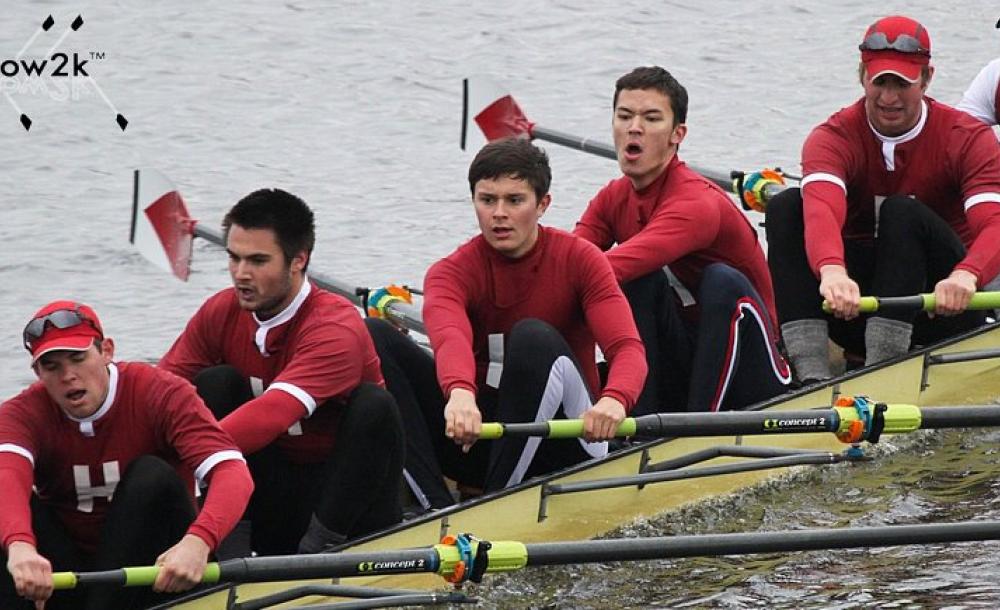

If you’ve followed my stories before, you’ll know that I row for Harvard Men’s Heavyweight Crew team.
Due to the nature of the commitment, it is a big part of my life at Harvard, and has had a defining role in my time at the college. Having never given a specific focus to this part of my life at Harvard however, I thought I would give you 5 questions I most commonly get from both Harvard and non-Harvard students a like:
How often do you practice?
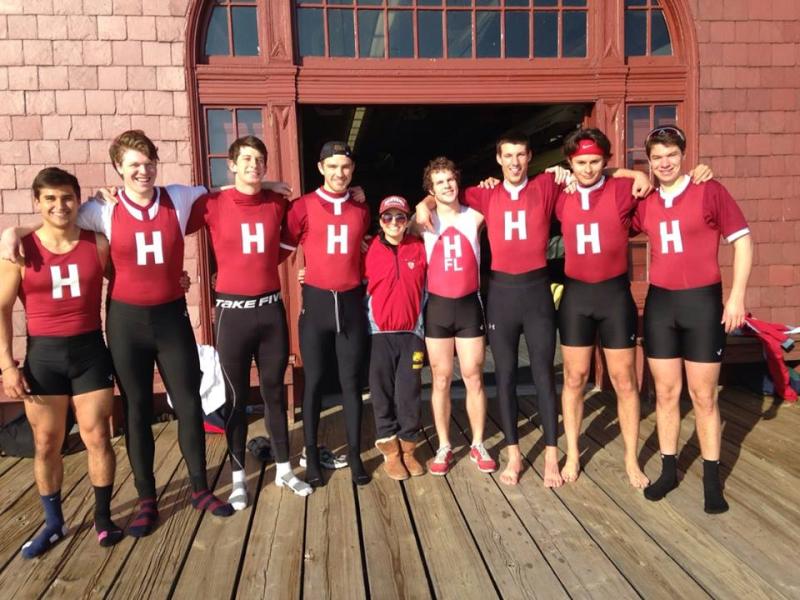
Our practice schedule tends to vary depending on the semester. Rowing doesn’t really have a season as such; we tend to train all year round apart from a quick break in the summer. In the fall the workload is typically a bit lighter, as the mean racing part of our season comes in the spring, and the fall is more dedicated to technical work. That being said, we still practice around eight times a week, six afternoons and two mornings, for around an hour and a half/session. We transition inside in the winter, due to the Charles freezing over, and we may go up to nine indoor sessions in February. Once the ice thaws with the coming of spring we get back out on the water, and the number of sessions stays the same but get longer, stretching out to two hours.
How do you find that much time?
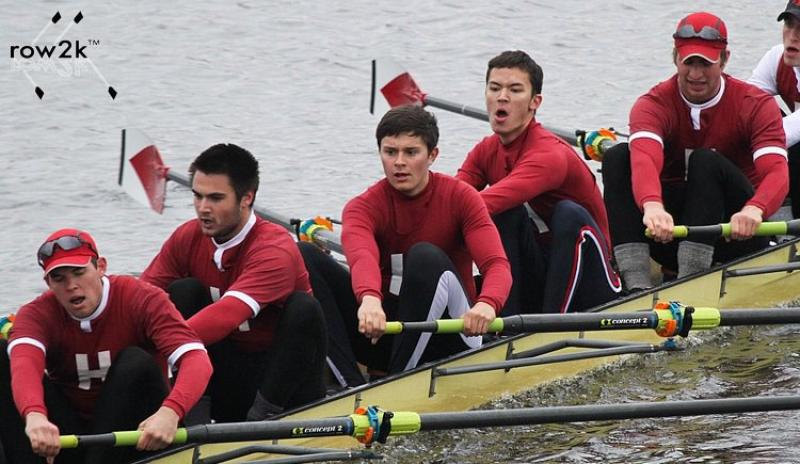
As I said, rowing at Harvard is a big commitment, as any varsity sport is: you certainly get good at time management. When you have morning practice at 7am, you can’t afford to be up until 4am writing a paper, so such a busy practice schedule helps to keep you focused on getting work done. In this way being a student-athlete does give you some resemblance of structure to your day, one of the biggest advantages of being part of a team. The time spent practicing is also a nice way to escape from work for a couple of hours: when we get out on the water, there’s no point in worrying about the pset I have to do that night, as I can’t do it then, so you switch off and give your brain a bit of a rest. It’s a great stress relief.

I myself wasn’t, and I feel this a common misconception: you don’t have to have been recruited to compete at a varsity level at Harvard. I myself had rowed for 4 years prior to coming to Harvard, and so walked on with the guys who were recruited, but equally I have rowed with a couple of guys who picked up the sport from scratch and are now a firm part of the team. Rowing might be unique in this sense, I don’t know to what extent the likes of the football team take walk-ons, but if you have the drive to make it, it’s certainly possible.
Isn’t the whole team international?
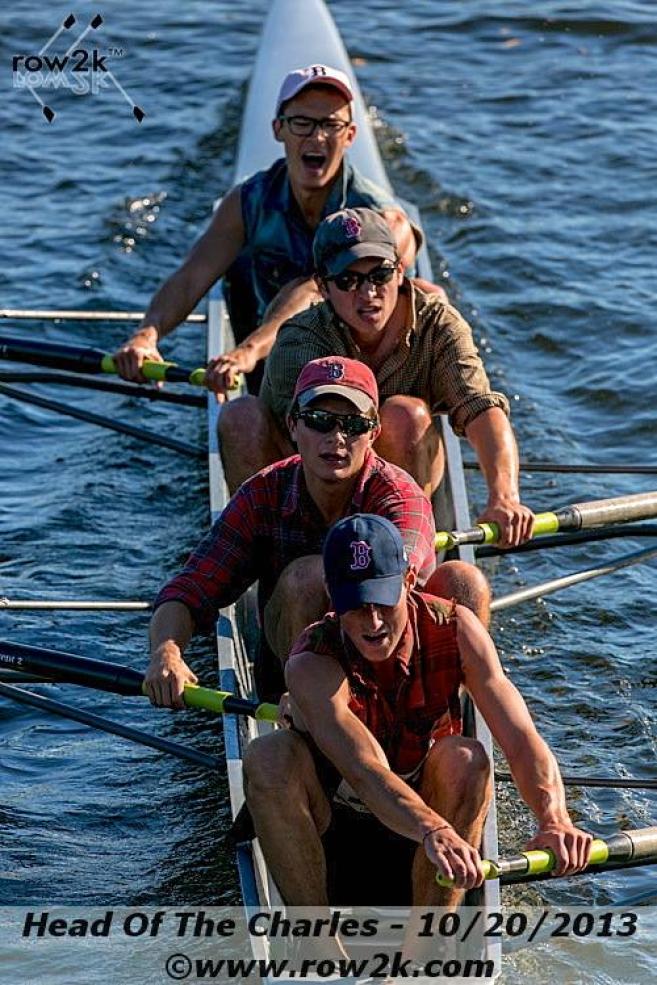
This goes hand in hand with the question about recruitment, and I suppose being a British rower is probably the reason I get the question I just answered above. It is true that a large proportion of our team is international, probably around 50% in total. The most common nationalities you’ll find are Australian, British, and South African, although we also have guys from Estonia and Germany as well. We still have a strong contingent of Americans on the team, but the international flavour of the team really helps to make the atmosphere in the boathouse a special one, with so many different perspectives and previous experience.
What’s the biggest challenge about rowing at Harvard?
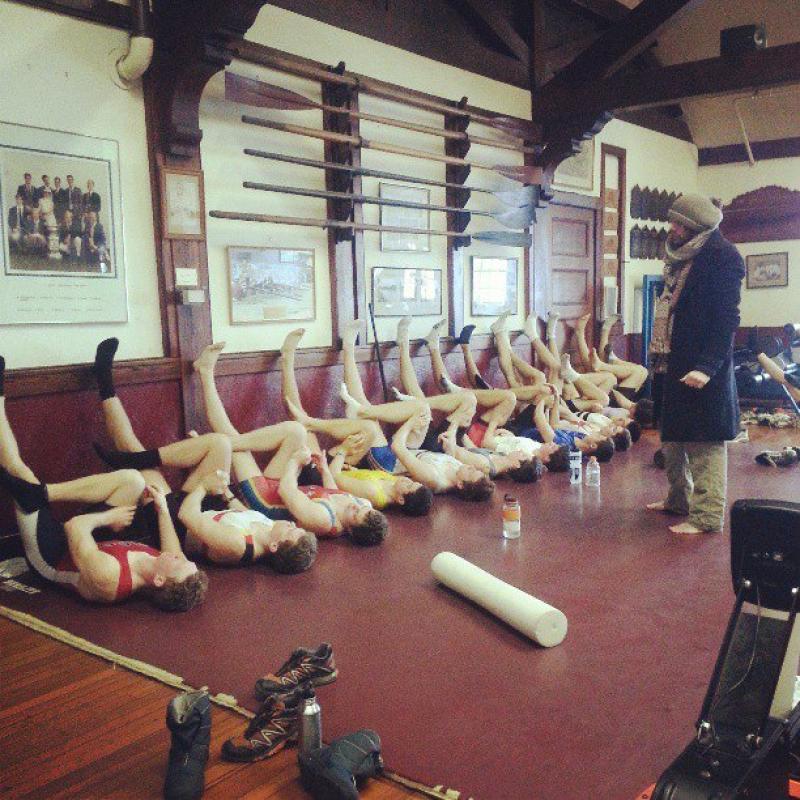
One of the biggest challenges I’ve already touched on, that of time management. It really is tough to try to stay on top of work with a busy practice schedule, especially when you come out of a gruelling afternoon practice sessions and all you want to do is sleep, not write a paper (it’s a standard joke that HUBC runs on Dunkin’). However, I’d say the biggest challenge is juggling the emotional as well as physical highs and lows. When you’re rowing well and in good shape, it’s fantastic and being on the team feels like the easiest thing in the world. When you feel like you’re not rowing well, when you’re pushing to make the boat and unsure about whether you will, or if you’re injured, as I currently am, being part of the team can become tough. This is where team spirit really helps to lift you, but it can be had to leave those thoughts in the boathouse and not bring them into your everyday work.
So there we are, five questions that I am most commonly asked as a member of the crew team. If you have any more questions that I haven’t listed here, post them below and I’ll answer them for you!